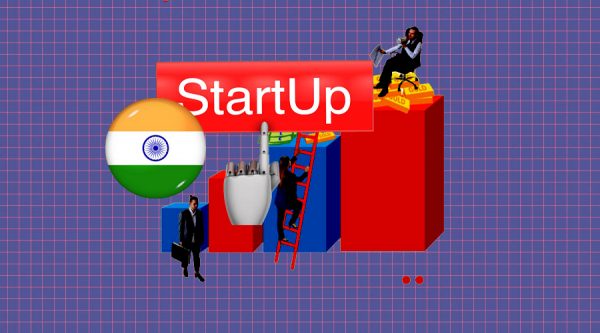The third generation of web technologies, which follows Web 1.0 and Web 2.0, is now available and, although it is still in its early stages, has the potential to decentralise applications, mainstream blockchain usage, machine learning, and Artificial Intelligence (AI) in novel ways. The semantic web, where data in web sites is structured and labelled so that machines can access it directly, might also be introduced to us. The way we use websites and interact with the web may also be permanently altered by Web 3.0. These are five Indian startups that are already utilising Web 3.0 and are adaptable and technologically agile.
1. ProducerBazaar.com India’s first media and entertainment IP Marketplace for movies, web series, and television programming in international languages is this clutter-busting digital platform. Simply described, it is an internet marketplace where movie rights may be purchased, sold, and negotiated. This simplifies the film industry and eliminates the risk of copyright violations. With the aid of Blockchain Technology and unreplicable NFTs, the goal is to provide verification and transparency to a very disorganised sector that has previously relied on paperwork (non-fungible tokens). NFTs will be used by ProducerBazaar to ensure that every transaction is digitally recorded onto the blockchain in a transparent and decentralised manner, preventing misuse and lowering the likelihood of copyright breaches. The main objective is to build a creative economy that is sustainable and beneficial to all parties involved.
2.Huddle01 A P2P (peer-to-peer), free-to-use, fast video calling and communications platform is called Huddle01. It stands out due to its lack of reliance on centralised servers, lack of user data tracking, and availability of Web3-rich features like token gating, a tool to provide NFT holders with special advantages. It also offers decentralised live streaming (on Livepeer) and decentralised storage for meeting recordings (on IPFS and Filecoin), as well as seamless video calling while safeguarding user identities and online presence. It has already been referenced in the same sentence with websites like Zoom, Google Meet, Microsoft Teams, and others.
3.Zippy Fitness Inc. Zippy is a healthtech platform that makes use of the metaverse to enhance the interaction and enjoyment of indoor jogging. Users may download the software, link their phone to a treadmill or other piece of connected hardware, and run with pals on a virtual course. By doing this, the feeling of loneliness and drudgery that comes with a solo workout regimen dissipates, making it simpler for users to keep to a schedule. The use of AI, blockchain, gamification, behavioural and nudge economics, extensive research, and deep wellness knowledge are at the core of this technology.
4. Alter.game the game Alter Players can use bespoke 3D models as their avatars, purchase lands, and create experiences utilising blockchain technologies in Alter.game, which bills itself as a “ever changing environment for next gen human evolution” via a Unity engine. In this full-stack metaverse, users are allowed to socialise, engage in gaming, and build NFTs. There is an Alter shop where content can be posted, purchased, and sold, and the producers can also make money using cryptocurrencies or fiat currencies. It’s clear that this place is reserved for the young and daring from the cheeky motto, “Not fit for boomers.”
5.WowTalkies The social media site wowTalkies, which is situated in Chennai, provides chat, games, NFT collectibles, celebrity stickers, and other features to interact with movie lovers, content producers, and artists. The wowTalkies engagement platform, which bills itself as the only one to unite fans, artists, and production companies as equal stakeholders, uses Web 3.0, next-generation technology, and tech-driven utilities to promote fan recognition, assist fans in amassing, customising, creating, renting out, and lending collectibles, assist communities in producing content, and assist studios in planning events.









